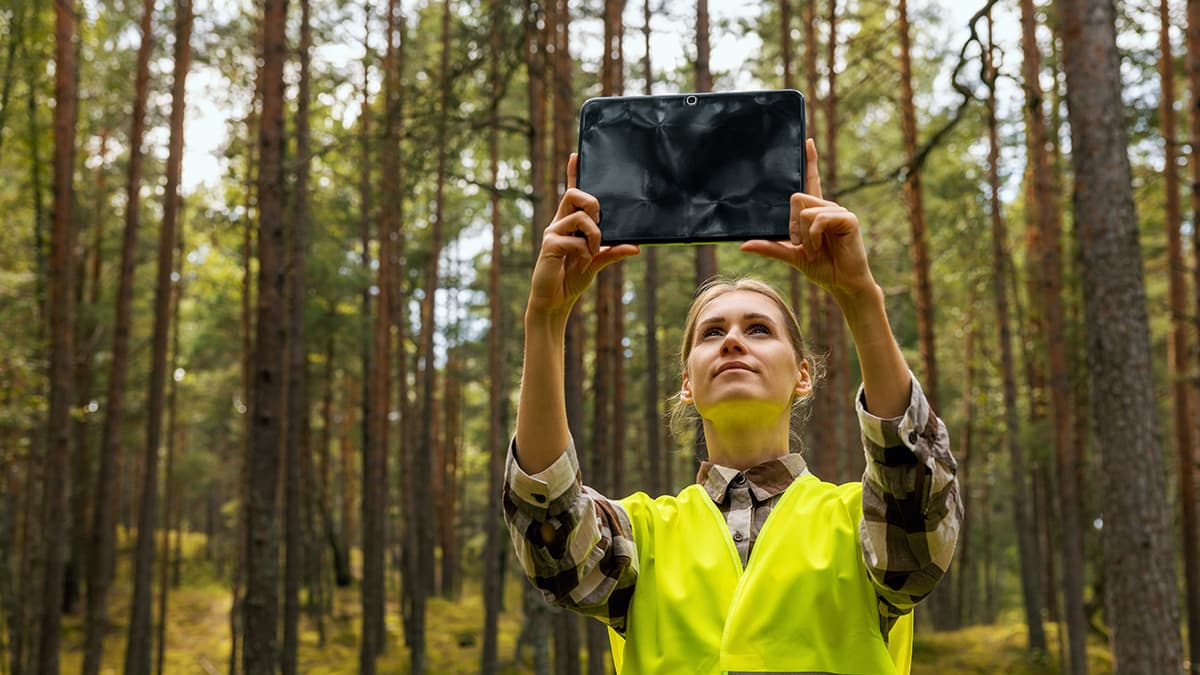In an increasingly competitive global tourism landscape, national tourism organizations face the critical challenge of effectively presenting their unique destination offerings to potential travellers. Rwanda, with its remarkable post-conflict transformation and extraordinary natural attractions, stands at a pivotal moment where digital technology can dramatically enhance its tourism marketing strategy.
Rwanda's tourism sector confronts several significant digital marketing challenges that inhibit its potential for global visitor attraction. Foremost among these is the limited digital engagement that fails to capture the nuanced narrative of Rwanda's destination appeal. Traditional marketing approaches have predominantly focused on wildlife tourism, specifically mountain gorilla expeditions, while overlooking the country's rich cultural heritage, technological advancement, and sustainable development strategies.
The existing digital infrastructure lacks the sophisticated storytelling mechanism required to communicate Rwanda's complex and inspiring national journey. Potential tourists seek immersive, authentic experiences that transcend conventional tourism websites. They desire platforms that not only showcase destinations but also provide contextual understanding, emotional connection, and seamless interaction capabilities.
Moreover, Rwanda faces technological disparities in presenting its tourism offerings. Many international travellers rely on comprehensive, interactive digital platforms that offer virtual tours, personalized recommendations, real-time booking capabilities, and multimedia content. The current digital presence of Rwanda's tourism sector does not comprehensively address these sophisticated user expectations.
.jpg)
Global Success Stories in Digital Tourism Marketing
Several nations have successfully leveraged Digital Experience Platforms (DXPs) to transform their tourism marketing strategies. New Zealand's tourism website, powered by sophisticated digital technologies, presents an exemplary model. Their platform integrates immersive video content, interactive mapping, personalized itinerary builders, and comprehensive traveller resources, resulting in significant increases in international visitor engagement.
Similarly, Singapore's tourism digital platform demonstrates exceptional user experience design. By implementing advanced personalization algorithms, they create tailored content recommendations based on individual traveller preferences, effectively increasing website conversion rates and enhancing user engagement.
Estonia provides another compelling case study, utilizing digital technologies to portray a modern, technologically advanced national image. Their tourism platform seamlessly blends historical narrative with cutting-edge digital interaction, attracting tech-savvy global travellers seeking unique experiences.
Recommended Digital Strategy
For Rwanda, implementing a comprehensive Digital Experience Platform represents a strategic opportunity to redefine its global tourism narrative. The recommended technological approach should encompass several key technological and experiential components:
1. Immersive Multimedia Storytelling
.jpg)
Develop a platform featuring high-resolution video content, 360-degree virtual tours, and interactive narratives that showcase Rwanda's diverse landscapes, cultural experiences, and sustainable development journey. This approach will transcend traditional destination marketing by creating emotional connections with potential travellers.
2. Advanced Personalization Capabilities
Implement machine learning algorithms that analyze user interactions and preferences, delivering customized content recommendations. This technology can suggest personalized travel experiences ranging from wildlife expeditions to cultural immersions, based on individual traveler profiles.
3. Integrated Booking and Planning Tools
.jpg)
Create seamless, user-friendly interfaces allowing comprehensive travel planning, including accommodation reservations, tour bookings, transportation arrangements, and real-time availability tracking. The platform should support multiple languages and integrate secure, diversified payment mechanisms.
4. Cultural and Historical Contextualization
Develop rich, interactive content sections exploring Rwanda's historical narrative, cultural diversity, post-conflict reconstruction, and sustainable development initiatives. This approach positions Rwanda as a sophisticated, forward-thinking destination beyond traditional wildlife tourism perceptions.
5. Mobile-First Responsive Design
Ensure the digital platform is fully optimized for mobile devices, recognizing that contemporary travelers predominantly utilize smartphones for travel research and booking decisions.
Technology Infrastructure Recommendations
The proposed DXP should be built utilizing modern web technologies such as:
- Headless Content Management Systems for flexible, scalable content delivery
- Microservices architecture ensuring robust, adaptable technological infrastructure
- Cloud-based hosting platforms guaranteeing high performance and global accessibility
- Advanced cybersecurity protocols protecting user data and ensuring secure transactions
Financial and Strategic Implications
While implementing such a sophisticated digital platform requires substantial initial investment, the potential returns are significant. Enhanced digital engagement can directly correlate with increased tourist arrivals, extended visitor stay durations, and more diversified tourism revenue streams.
The digital platform represents more than a marketing tool; it becomes a strategic national platform communicating Rwanda's progressive national identity, technological capabilities, and commitment to sustainable, responsible tourism.










































We will verify and publish your comment soon.